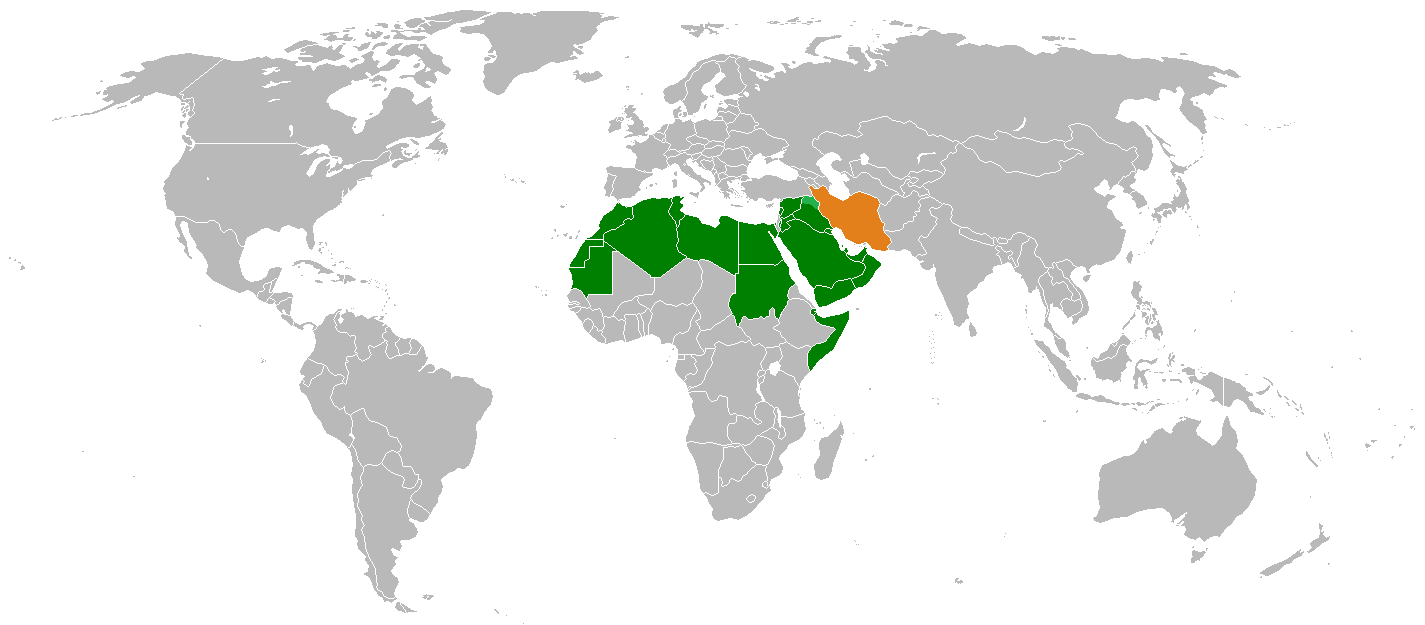- Courses
- GS Full Course 1 Year
- GS Full Course 2 Year
- GS Full Course 3 Year
- GS Full Course Till Selection
- Online Program
- GS Recorded Course
- NCERT (Recorded 500+ Hours)
- Polity Recorded Course
- Geography Recorded Course
- Economy Recorded Course
- AMAC Recorded Course
- Modern India, Post Independence & World History
- Environment Recoded Course
- Governance Recoded Course
- Science & Tech. Recoded Course
- International Relations and Internal Security Recorded Course
- Disaster Management Module Course
- Ethics Recoded Course
- Essay Recoded Course
- Current Affairs Recoded Course
- CSAT
- 5 LAYERED ARJUNA Mentorship
- Public Administration Optional
- ABOUT US
- OUR TOPPERS
- TEST SERIES
- FREE STUDY MATERIAL
- VIDEOS
- CONTACT US
Domicile-Based PG Medical Admissions Unconstitutional
Domicile-Based PG Medical Admissions Unconstitutional
27-02-2025

- Recently, The Supreme Court of India in the case Tanvi Behl v. Shrey Goel and others, 2025 declared domicile-based reservation for Post-Graduate (PG) medical admissions unconstitutional.
- This ruling was made after appeals against a ruling by the Punjab and Haryana High Court, which had already scrapped such reservations.
What is Domicile-Based Reservation?
- Domicile quota refers to the practice where states reserve a portion of PG medical seats for candidates who are residents of that state.
- PG medical admissions: The Centre conducts counseling for 50% of the total intake, while the remaining 50% is filled by state counseling bodies. States allocate a quota for domicile candidates within this 50%.
SC's Ruling on Domicile-Based PG Admission Reservation
- Domicile-based reservations create inequality among students based on their state of residence, violating the Right to Equality (Article 14) of the Indian Constitution.
- Citizens have the right to reside and practice their profession anywhere in India. Thus, restricting PG admissions based on domicile impedes professional mobility.
- PG medical admissions must be based on merit (National Eligibility cum Entrance Test - NEET) rather than domicile, ensuring a uniform selection process.
- The SC ruling does not affect admissions already granted based on domicile-based reservations.
- Domicile vs. Residence:
- Domicile refers to a person's legal permanent residence, not just where someone currently lives.
- India has a single domicile system—‘Domicile of India’—and state-specific domiciles are not legally valid.
- Historical Precedent:
- The ruling contrasted the 1984 Dr. Pradeep Jain vs Union of India case, where residence-based reservations were allowed for MBBS admissions due to state investments in infrastructure.
- However, this logic does not apply to PG medical courses.
Constitutional Provisions Involved:
- Article 14: Right to Equality.
- Article 15: Prohibits discrimination on grounds of religion, race, caste, sex, or place of birth.
- Article 16: Equal opportunity in matters of public employment.
- Article 19: Protects the freedom to reside and settle in any part of India.
- Article 5: Defines the Domicile of India.
Pros and Cons of Domicile-Based Reservation in Education
Pros:
- Ensures local students have adequate representation and opportunities in educational institutions, particularly public sector ones.
- Acts as a form of affirmative action for disadvantaged communities, improving social and economic status.
- Provides better access to higher education for local communities, improving economic mobility.
- Reservation laws contribute to creating an educated workforce that can support regional economic development.
Cons:
- Domicile-based reservations may infringe upon the right to move freely and seek education anywhere, as guaranteed by Article 19.
- Domicile quotas divide the nation and hinder the development of a unified educational and professional space where all citizens have equal opportunities.
- Restricting access to top talent can hinder innovation, and may discourage investment in local industries and businesses.
- These policies may overlook deeper issues such as inadequate infrastructure, lack of guidance for exams like NEET, and a mismatch between academic curricula and industry needs.
|
Also Read |
|
UPSC Foundation Course |
|
| UPSC Monthly Magazine | CSAT Foundation Course |



